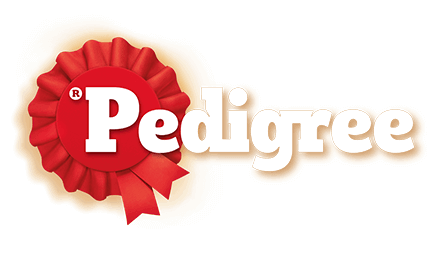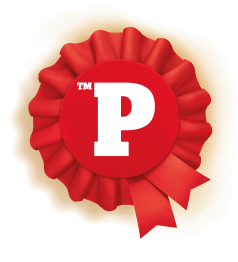Find products that match your dog’s needs

The first question that every pet parent has when they welcome home their new best friend is, “what to feed a puppy?”. Puppies grow rapidly and require complete and balanced puppy food to support their development. From weaning to about 4-6 months of age, puppies need approximately three times more calories, proteins, vitamins, and minerals per kilogram of body weight compared to adult dogs. This high nutrient intake ensures strong bones, healthy vision, and a thick coat. So, what should you feed a puppy? Choosing food that is specifically recommended for puppies is crucial. We’re here to help you choose healthy puppy food options that provide a balanced puppy diet to ensure your furry friend thrives during their growth stages.
Ensuring that your puppy receives a complete and balanced puppy food is crucial for its overall health and development. But what should you feed a puppy to meet these needs? A balanced diet that includes the right proportions of proteins, fats, carbohydrates, vitamins, and minerals. Here’s why:
Feeding your puppy wisely involves several key considerations:
When deciding on what to feed a puppy, take age and breed size into account. Small breeds need nutrient-dense, bite-sized kibble, while large breeds require specially formulated food for growth. Large breeds also do not mature until they’re almost 2 years old. They should be fed puppy food specifically formulated for large breed puppies.
Monitor food intake to maintain a healthy weight. Overfeeding can lead to obesity and other health issues.
Establish a consistent feeding routine. Younger puppies may need up to four meals a day, while older puppies can transition to fewer meals.
Stick to complete and balanced puppy food. Human foods can be harmful and disrupt a balanced diet for puppy.
Ensuring your puppy remains fit involves more than just knowing what to feed a puppy. Here are five essential elements to keep your puppy in top shape:
Exercise is crucial for a puppy's physical and mental development. Regular playtime and walks help burn calories, build muscle, and support cardiovascular health. However, ensure that the exercise routine matches your puppy's breed and energy levels.
A balanced diet for puppies is fundamental. Choose a dog food for puppies that offers complete and balanced nutrition. Overfeeding can lead to obesity, especially in large breeds, risking developmental issues like hip dysplasia. Monitor your puppy's weight and body condition, adjusting food intake to maintain an ideal, lean body.
Mental stimulation is as important as physical exercise. Engage your puppy with toys, training sessions, and puzzle feeders to keep their mind sharp. This also helps prevent behavioral issues stemming from boredom.
Regular veterinary check-ups are vital. Routine exams can catch potential health issues early and ensure that your puppy is growing properly. Discuss with your vet what food is recommended for puppies and any specific dietary needs your puppy might have.
Socialisation is critical for a well-adjusted puppy. Introduce your puppy to different environments, people, and other animals. Socialisation helps in developing a confident and friendly dog.
When considering what should you feed a puppy, remember that the chosen food should match its energy needs. If your puppy seems excessively hungry, a lower-calorie diet may help with satiety. Conversely, if they appear bloated, a more calorie-dense food might be necessary. Avoid frequently switching foods to prevent pickiness and obesity.
Nutrition is vital for puppies as they grow rapidly and need three times more calories, proteins, vitamins, and minerals per kilogram of body weight compared to adult dogs. Proper nutrition ensures strong bones, healthy vision, and a thick coat. Choose complete and balanced puppy food for your newborn pet’s optimal growth.
Look for labels stating "complete and balanced nutrition" for puppies, meeting AAFCO guidelines. This ensures the food provides all essential nutrients.
Symptoms of an unbalanced diet include weight loss, reduced appetite, tiredness, and irritability. Ensure that your puppy gets healthy puppy food options that provide complete and balanced nutrition to avoid these issues.
Avoid feeding puppies human foods like chocolate, grapes, onions, and alcohol. Stick to complete and balanced puppy food to ensure a balanced diet for puppy and prevent health risks.

Find a PEDIGREE® stockist
near you!
Buy online
Click to buy from any of the retailers below

